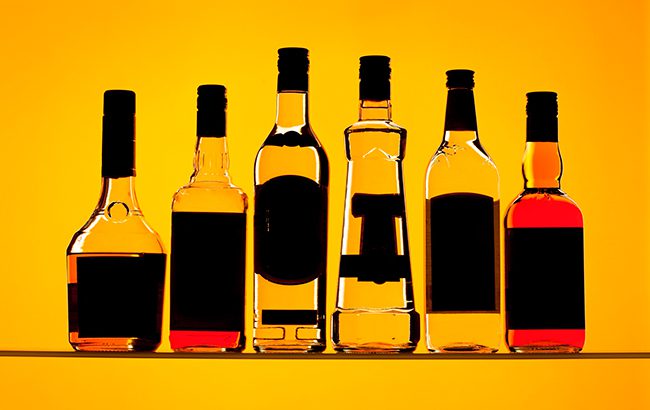EU packaging policy ‘ill-equipped’ for net-zero goal
The European Union’s (EU) packaging policy is “ill-equipped” to deliver on the net-zero agenda, an expert has warned.

The comment was made by Aline Maigret, head of policy at Zero Waste Europe, after a report was published on the environmental impact of single-use drinks.
The report for Zero Waste Europe examined the environmental impact of single-use drinks, specifically glass bottles, plastic bottles and aluminium cans.
The report recommended that glass should be more closely examined to determine how to cut its environmental impact.
Recycled glass bottles require 75% of the energy needed to make new bottles, the report stated. In comparison, aluminium cans only use 10%.
Maigret said: “This research shows the EU packaging policy is ill-equipped to deliver on the net-zero agenda.
“Overall material use must be reduced in all packaging categories, and this speaks in favour of ambitious prevention and reuse targets. To add to this, glass’s incredibly high carbon footprint makes it unsuitable for single-use applications.
“The new PPWR [packaging and packaging waste regulation] should plan a material transition away from single-use in general, but with a particular focus on glass and PET.”
The report recommended more investment in technology, and the development of reuse systems to tackle the environmental impact of single-use drinks packaging. Furthermore, it called for enhanced recycling, and a reduction in demand for aluminium PET and glass materials to help the beverage container industry to achieve net zero in line with the 1.5oC Paris Agreement target.
Simon Hann, principal consultant at Eunomia Research & Consulting, and lead report author, said: “It is crucial that we prioritise long-term decision-making and acknowledge that the process of achieving net zero is as significant as the timing.
“Our study highlights the effectiveness of employing a carbon budgeting methodology to identify the most viable approaches for attaining this goal. When examining beverage containers, it becomes evident that we need to adopt a more strategic approach to decision-making that takes into account future implications.
“Our findings indicate that justifying the continued use of single-use glass, in particular, will become progressively more difficult, despite the obstacles faced by alternative materials.”
Earlier this month, Scotland’s controversial deposit return scheme (DRS) was delayed until October 2025 following backlash from the trade, with claims it would be unworkable in its proposed format.
Yesterday (21 June), news broke that Circularity Scotland, the body behind the DRS, had gone into administration.
Related news
Mother of Pearl turns to paper bottles at Splash Paris
